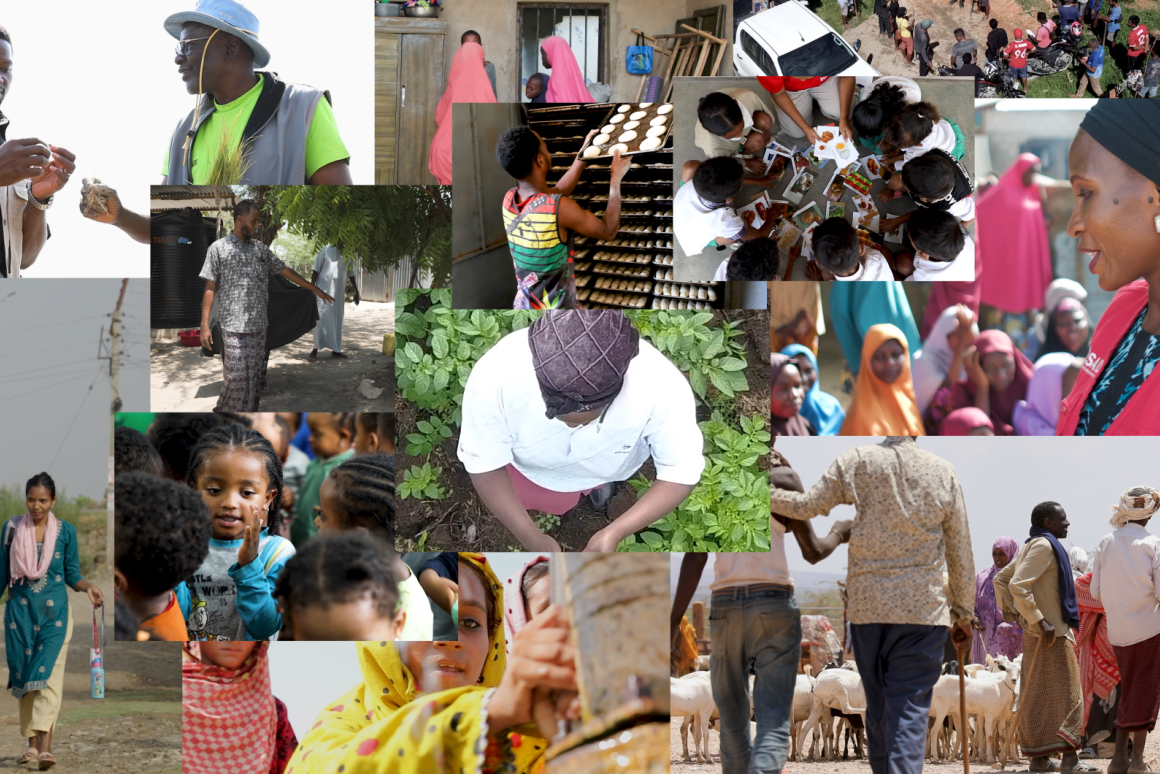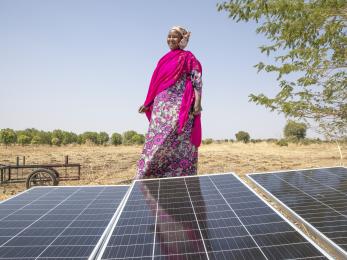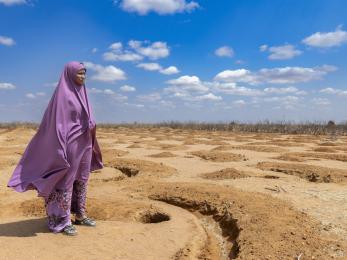Building climate resilience one harvest at a time
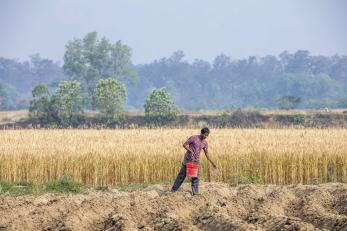
Farmers in the far west region of Nepal had been grappling with how to deal with the impact of climate change, natural disasters, and maintaining their livelihoods. Year after year, water rose from nearby rivers and wiped out crops and livestock, forcing families from their homes. Some of the major floods were so devastating that it drove farmers to abandon their land. The farmers needed to adapt to the inevitable seasonal heavy rainfall that threatened their lives and livelihoods. The community worked with Mercy Corps and found a solution: planting sugarcane.
As the Asia Climate Change Advisor for Mercy Corps, I work with our country teams to support programs that can foster socio-economic growth amidst the climate crisis. Since 2013, our program, Managing Risk Through Economic Development (MRED), has supported communities across the region to build resilience to events like disasters and climate change. By working with government agriculture departments and community members, we identified crops that could help reduce damage caused by disasters while also generating income. In the areas we work in Nepal, it turned out sugarcane was one of the best crops for the job. The tall, dense stalks of sugarcane have deep roots that grow far into the ground and can tolerate flooded conditions for up to two weeks. Sugarcane could be planted in riverbanks to prevent erosion and flooding in areas that were prone to them, while also generating income since there’s demand for the crop.
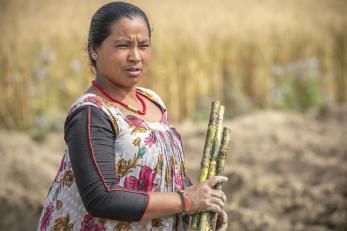
In a region that is highly vulnerable to climate-related disasters, it was vital to create sustainable solutions that helped communities strengthen their livelihoods and prepare for future crises. Assisting farmers with their sugarcane farming was just one aspect of the sustainable work Mercy Corps provided to support climate resilience in Nepal. Recently, I had the pleasure of chatting with Kristy Drutman from Brown Girl Green, where I shared more about the MRED program and our work with farmers.
The Brown Girl Green platform includes a podcast, YouTube channel, and a blog, where Kristy speaks with activists, highlights organizations, and examines ideas around climate justice. Through Brown Girl Green, she explores what it means to be an inclusive environmentalist in a time of climate crisis. We talked about the importance of centering solutions around people who are most impacted, how climate change disproportionately impacts women, why building climate resilience is essential, and more. I’m excited to share our conversation about how Mercy Corps is working to tackle climate change—please check out the video below.
